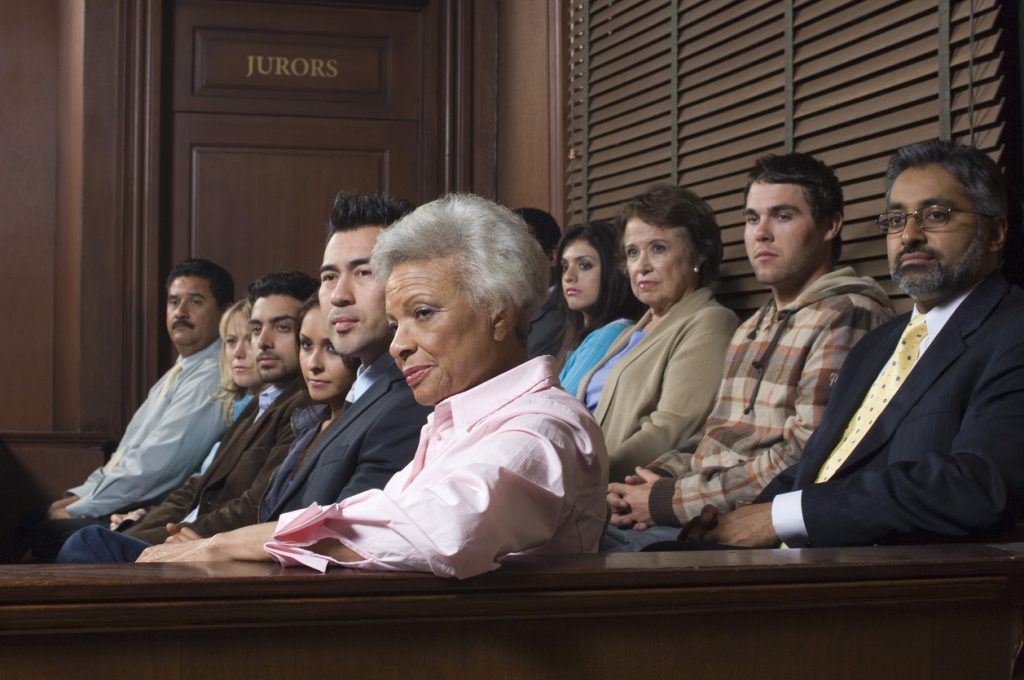The Hardest Job in Law: Navigating the Complexities of Legal Practice
The legal profession is widely regarded as one of the most challenging career paths, with a broad range of roles, each demanding different skills and expertise. However, among these roles, some are considered particularly demanding—requiring not only legal knowledge but also extraordinary emotional intelligence, resilience, and the ability to manage complex situations.
One role often discussed as the hardest in law is that of a criminal defence lawyer, particularly those who defend high-profile, sensitive, or difficult cases. But is it just the nature of the cases they handle that makes this job so demanding, or are there broader reasons why certain areas of legal practice stand out as particularly challenging?
High Stakes and Immense Responsibility
Criminal defence lawyers bear an enormous responsibility. They defend clients who have been accused of crimes, sometimes even those accused of serious, life-altering offences, such as murder or terrorism. The stakes are incredibly high—failure could result in a lengthy prison sentence or worse. In some cases, the outcome could result in a client being exonerated or sentenced to death, depending on the jurisdiction.
This type of lawyer is often under intense public scrutiny, especially when the case garners media attention. The pressure to secure the best possible outcome for their client can be overwhelming, particularly when the public and judicial systems may have already passed their judgment. Reputation is also at stake—not only their own but also that of the law firm they work for and the clients they represent. The expectations for success can create an enormous amount of stress, with lawyers working long hours, dealing with overwhelming paperwork, and navigating a legal system that is, at times, cumbersome and unpredictable.
Emotional and Ethical Challenges
Criminal defence lawyers often encounter deeply emotional and ethical dilemmas that make their job one of the hardest in law. They are faced with the challenge of defending clients who may, in some cases, have committed heinous acts. This places them in morally complex situations where they must balance the duty to defend their client with their own personal beliefs about justice and fairness.
The emotional toll of representing someone accused of a serious crime can be immense. Lawyers are required to set aside their own personal feelings and maintain objectivity, even in the face of overwhelming evidence against their client. The lawyer's ability to separate emotion from logic can become increasingly difficult, especially when the defence is based on controversial or technical arguments.
Beyond their clients, criminal defence lawyers also contend with public opinion, especially when representing clients who are widely disliked or feared. For example, defending someone accused of a terrorist act or a high-profile paedophilia case can expose a lawyer to significant public backlash, hatred, or even threats.
Moreover, while they must advocate fiercely for their client, criminal lawyers are still bound by ethical rules that prevent them from using any illegal or unethical strategies, such as coaching a client to lie. Ensuring that they adhere to these ethical standards, while also pushing to win the case, can sometimes feel like an insurmountable challenge.
The Intellectual and Analytical Demands
Criminal defence law requires a high degree of legal intellect, analysis, and strategic thinking. A criminal lawyer must be able to critically evaluate the evidence, recognise potential flaws in the prosecution's case, and develop a strategy that best serves their client’s interests. This means sifting through vast amounts of complex material—police reports, witness statements, forensic evidence—and constructing a narrative that will be most persuasive to the jury or judge.
Moreover, legal issues can often involve a wide range of disciplines—from forensic science and psychology to international law, constitutional law, and human rights law. The lawyer must be prepared to navigate all of these areas, while remaining adept at applying the relevant statutes, precedents, and case law. The work is mentally exhausting, requiring an unparalleled level of attention to detail and the ability to connect seemingly unrelated pieces of information to form a coherent argument.
The pressure of making split-second decisions can also be overwhelming. If a key piece of evidence surfaces during trial, or if a witness’s credibility is challenged, the defence lawyer must be able to pivot, make quick decisions, and adjust their strategy on the fly—often with little time to think it through.
Long Hours and Stressful Conditions
The hours required in criminal law—especially in high-profile or complex cases—are often grueling. Criminal defence lawyers are known for working long into the night, sometimes up to 80 or 100 hours per week, in preparation for cases. This is due in large part to the massive amount of case research, interviews, legal research, trial preparation, and the administrative work required.
In addition to long hours, criminal defence lawyers often deal with high levels of stress. This stress can stem not only from the pressure to perform well in court but also from the inherent emotional toll of their work. Lawyers in this field regularly interact with individuals and families whose lives are on the line. The weight of this responsibility can be emotionally draining, often leading to burnout or feelings of guilt if a case doesn’t go as planned.
The legal profession is no stranger to stress, but the nature of criminal defence work can create an intensity that is hard to match in other areas of law. The pressure is not just about professional success, but the very real possibility that someone’s freedom, and even their life, could depend on your performance.
Dealing with the Criminal Justice System’s Flaws
The criminal justice system, like all systems, is imperfect. Criminal defence lawyers often deal with institutional inefficiencies, biases, and injustices. They must work within a system that is prone to human error, racial or class biases, and systemic issues like overcrowded prisons or underfunded public defenders.
Even if the lawyer believes their client is innocent, they must still engage with a system that sometimes fails to provide fair treatment. This adds an additional layer of frustration and complexity to their role. They are tasked with defending clients who may be unfairly judged due to their background, race, or socioeconomic status.
Furthermore, they are often forced to confront the reality that innocent people can be convicted, and guilty parties sometimes escape justice due to legal loopholes. While criminal defence lawyers strive for fairness, the outcome of any given case may not always be just, and this is a heavy burden to bear.
Work-Life Balance and Personal Impact
As with many other high-pressure legal professions, achieving a healthy work-life balance is notoriously difficult in criminal defence law. Long hours, weekend work, and frequent travel for hearings or trials leave little room for personal time. This often results in strained relationships, burnout, and overall dissatisfaction in personal life.
The emotional toll of working with people facing dire situations can also lead to compassion fatigue, where the lawyer becomes desensitised or overwhelmed by the continuous exposure to distressing cases. Over time, this can impact their mental health and their ability to perform effectively at work.
Is It the Hardest Job in Law?
While there are many challenging roles within the legal profession, criminal defence law stands out due to its high emotional, ethical, intellectual, and practical demands. The ability to separate personal emotions from professional duty, the constant pressure to succeed, the long hours, and the complexities of navigating an imperfect justice system make this one of the hardest jobs in law.
Ultimately, criminal defence lawyers must possess resilience, a strong moral compass, and exceptional legal skills to thrive in this high-stakes environment. Their work is vital to ensuring a fair and just legal system, but it comes at a significant personal cost. Despite these challenges, many criminal lawyers find immense satisfaction in fighting for justice and making a tangible difference in their clients' lives.
For those willing to face these challenges head-on, criminal defence law remains a deeply rewarding, if incredibly demanding, career.





















